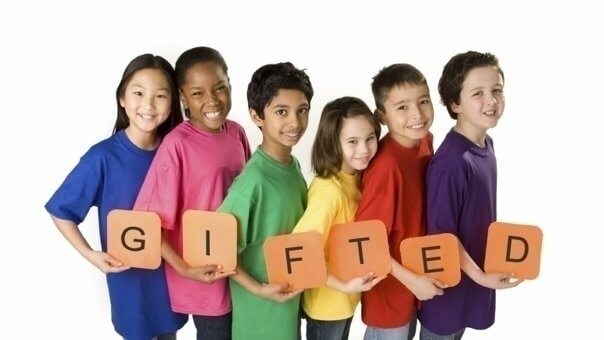Characteristics of Students who are Gifted


The following charts list some intellectual and emotional traits of children who are gifted. Some key things to keep in mind are:
- Groups of children who are gifted often have differences among themselves which are as great as differences from other students.
- It is highly unlikely for a child who is gifted to have all of the characteristics on both charts.
INTELLECTUAL
Motivation
- A strong desire to learn.
- Initiates, directs and sustains individual or group behaviours in order to attain a goal.
Interest
- Advanced, intense, sometimes unusual interests.
- Special attention is given to activities, avocations, subjects that have special worth or significance.
Problem-solving ability
- Effective, often inventive strategies for recognizing and solving problems.
- Process of determining a correct sequence of alternatives leading to a desired goal or to successful completion of a performance or task.
EMOTIONAL
Heightened sensitivity
- Compassion, consideration and understanding of others
- Protective, nurturing, easily moved to tears
- Aware of others’ feelings
- Sensitive to injustice, criticism, pain
- Strong need for consistency between values and actions within self and others
- Caring, understanding
- Forming strong attachments
- Empowering others
- Aesthetic sensitivity (appreciation for complexity in works of art and ability to interpret works of art)
Heightened intensity of experience
- Energetic, enthusiastic
- Intensely absorbed in various pursuits
- Vivid imagination
- Emotional vulnerability
- Emotional intensity (experiences emotions strongly and may be emotionally reactive)
- Strong attachments and commitments
- High expectations of self and others
- Forming strong attachments
- Empowering others
- Aesthetic sensitivity (appreciation for complexity in works of art and ability to interpret works of art)
Perfectionism
- May be a high achiever
- Exhibit high personal standards
- Set unrealistic expectations
- Demonstrate persistence, perseverance and enthusiastic devotion to work
- May give up if own standards are not met, or if a mistake is made
- Self-evaluative and self-judging
- May have feelings of inadequacy and inferiority and desire praise and reassurance
- May become extremely defensive if given criticism
- Less tolerant of imperfection in others
- May procrastinate
Introversion
- Have deep feelings
- Are reflective and introspective
- Focus on inner-growth through searching, questioning and exercising self-correction judgment
- Have knowledge about emotions
- May withdraw into themselves rather than acting out aggressively toward others
Superior humor
- Conveys and picks up on humor quickly and well
- Ability to synthesize key ideas or problems in complex situations in a humorous way
- Exceptional sense of timing in words and gestures
- Keen sense of humor that may be gentle or hostile
- Large accumulation of information about emotions
- Capacity for seeing the unusual
- Uncommon emotional depth
- Openness to experiences
- Sensory awareness
Moral sensitivity
- Emotional sensitivity
- Innate sense of right and wrong
- Complex inner life
- Early ethical concerns
- Heightened awareness of the world
- Advanced moral reasoning and judgment
- High moral values
- Feel empathy for others
- Tolerance (not aggression)
- Responsibility for others and self
- Just attitude (treating everybody by the same standards)
- Truthfulness
- Authenticity
- Courage in the face of adversity
- Altruism and idealism (desire to enhance caring and civility in the community and in society at large)
